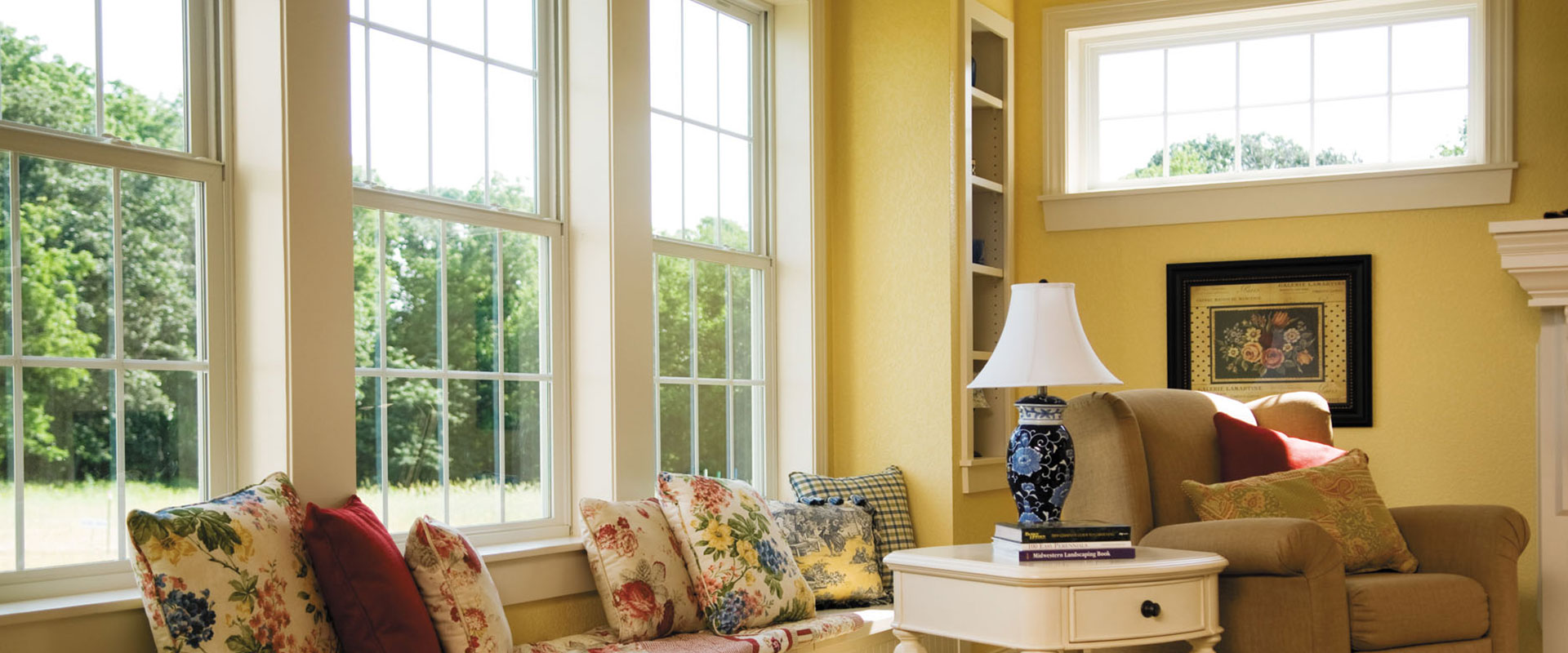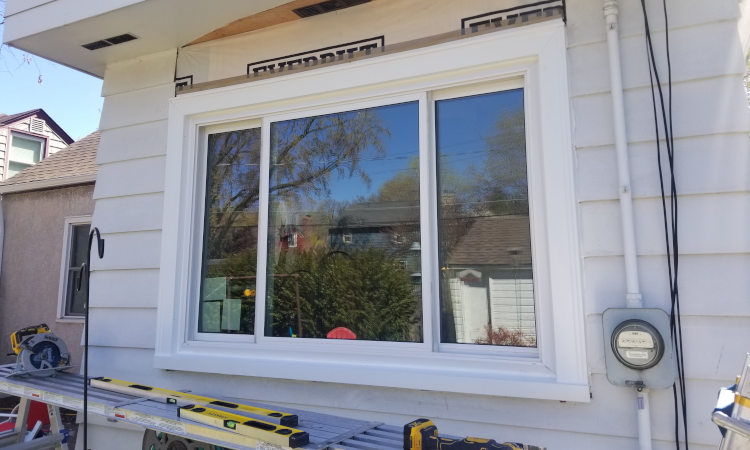Upgrade Your Home With Energy-Efficient Window Substitutes
In the world of home renovation, the choice to update to energy-efficient window replacements can dramatically influence both the capability and aesthetics of a residence. Beyond the surface degree of mere visual appeals, energy-efficient windows provide a wide range of benefits that go beyond mere curb allure.
Advantages of Energy-Efficient Windows

The installment of energy-efficient windows supplies significant cost savings on energy expenses while boosting environmental sustainability. Furthermore, energy-efficient home windows can help control dampness levels within the home, lowering the risk of mold and mold development.
Beyond the monetary benefits, energy-efficient windows contribute to environmental sustainability by lowering carbon emissions associated with power manufacturing. Overall, investing in energy-efficient windows not just boosts the convenience and effectiveness of a home however additionally aligns with environmentally aware techniques.
Sorts Of Energy-Efficient Glass
Numerous sophisticated kinds of energy-efficient glass offer special properties that cater to different needs and preferences in enhancing the sustainability and performance of structures. Triple-pane glass, being composed of three layers of glass with shielding gas between them, provides enhanced thermal insulation, making it very energy-efficient. In addition, self-cleaning glass with a special layer that damages down and loosens up dust when exposed to sunshine can reduce maintenance requirements and maintain home windows looking tidy.
Factors to Take Into Consideration When Choosing
When considering energy-efficient home window substitutes, it is important to meticulously analyze specific elements that line up with your sustainability purposes and desired energy financial savings. One essential element to think about is the window's energy performance ratings, such as the U-factor and Solar Warm Gain Coefficient (SHGC) The U-factor steps exactly how well the window insulates, with lower numbers indicating better insulation, while the SHGC indicates the home window's ability to obstruct warmth from sunshine. In addition, the home window structure product plays a substantial function in energy effectiveness. Products like fiberglass, vinyl, or timber with thermal breaks are outstanding options for lowering heat transfer. One more important consideration is the home window design and positioning worrying sunlight exposure. Selecting the right window style and tactically putting them can optimize all-natural light while decreasing warm gain or loss. Finally, setup high quality is essential to guaranteeing the home windows carry out as planned. Correct installment helps avoid air leak, making sure ideal power efficiency. By very carefully reviewing these elements, you can select energy-efficient windows that improve convenience, reduce site link energy expenses, and profit the atmosphere.
Setup and Maintenance Tips

Normal maintenance is key to protecting the performance of your energy-efficient home windows. Check the weather-stripping and seals for any type of splits or spaces and change them if needed to preserve the home windows' power effectiveness. Spring window replacement.
Additionally, lubricate moving components such as joints and locks to ensure smooth operation. By following these setup and maintenance ideas, you can enhance the power performance of your home and prolong the lifespan of your energy-efficient home windows.
Cost-Benefit Analysis of Updating

Energy-efficient windows are developed to reduce warm transfer, decreasing the need for heating and cooling down systems to function overtime. This can cause considerable cost savings on power expenses, specifically in areas with extreme temperatures. Furthermore, energy-efficient windows can enhance the general value of your home, making it extra eye-catching to prospective buyers if you determine to market in the future.
When computing the cost-benefit analysis, element in the potential financial savings on energy expenses, any available motivations or discounts, and the life expectancy of the windows. While the preliminary cost might be higher, the lasting cost savings and advantages of energy-efficient windows make them a clever financial investment for property owners looking to boost their residential property's energy performance look at this now and value.

Conclusion
To conclude, upgrading to energy-efficient window substitutes uses numerous advantages such as reduced power consumption, raised comfort, and expense financial savings. By choosing the ideal sort of energy-efficient glass and taking into consideration factors like framework material and installation, house owners can optimize the efficiency of their windows. Routine upkeep and proper setup are vital for lasting efficiency. In general, the cost-benefit analysis of updating to energy-efficient home windows shows that the initial investment can bring about significant cost savings in the future.
When considering energy-efficient window replacements, it is vital to very carefully examine certain aspects that line up with your sustainability objectives and preferred energy savings. The U-factor actions just how well the home window protects, with lower numbers indicating better insulation, while the SHGC shows the home window's capacity to obstruct warmth from sunlight. By very carefully examining these aspects, you can pick energy-efficient home windows that boost convenience, minimize energy costs, and benefit the atmosphere.
While energy-efficient windows might have a greater upfront expense contrasted to traditional home windows, the lasting benefits often outweigh the first financial single window replacement investment.In conclusion, upgrading to energy-efficient home window replacements offers various benefits such as minimized energy consumption, enhanced comfort, and cost financial savings.